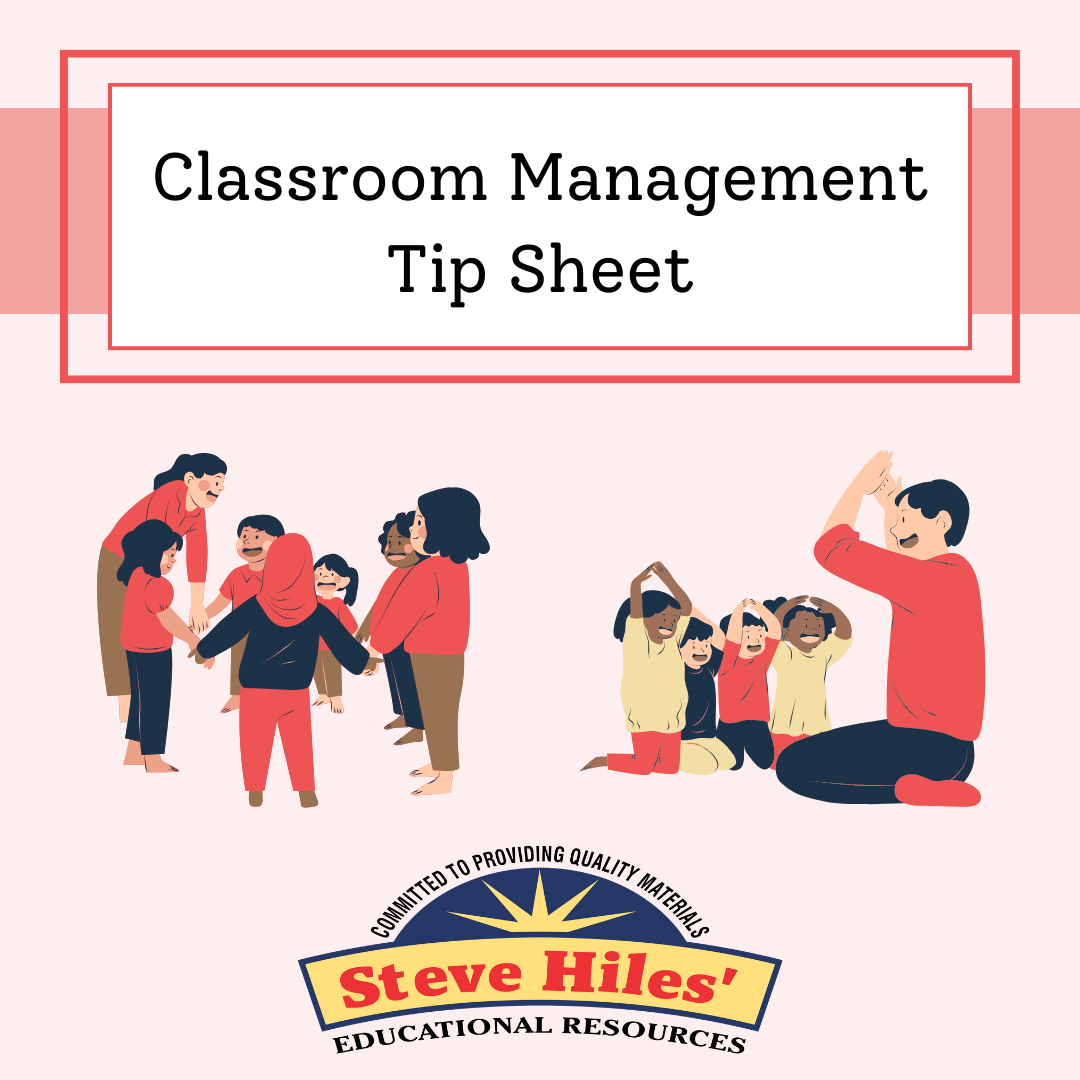Table of Contents
ToggleThe Case Against Using Rewards in the Classroom
For quite some time, rewards have been extensively utilized in classrooms to incentivize student success and behavior. However, there is a growing movement within the field of education that challenges the reliance on rewards. This perspective argues that placing emphasis on rewards can actually impede learning and personal growth. In this article, we will delve deeper into the reasons behind opposition to using rewards in classrooms and explore methods for fostering student motivation and engagement.
The Drawbacks of Rewards
While rewards may offer advantages such as compliance and improved performance, they also come with long-term consequences. Below are some arguments against the use of rewards in education.
- Extrinsic vs. Intrinsic Motivation
Rewards primarily appeal to motivation, which relies on incentives like grades, prizes or praise. The issue with this type of motivation is that it often overshadows motivation—the desire to learn purely for the joy of it. When students become accustomed to expecting rewards, they may lose sight of the satisfaction derived from mastering a skill or comprehending a concept ultimately dampening their long-term enthusiasm for learning. - Short-term Benefits and Drawbacks
One downside of relying on rewards is that their effectiveness tends to decrease over time. While initial rewards may encourage compliance and lead to test scores, they often fall short in fostering a lasting passion for learning. When these rewards are taken away students may lose interest in the subject because they haven’t developed a love for it. As a result, their commitment to education might become more of an obligation than a lifelong pursuit of knowledge. - Undermining Intrinsic Interest
The introduction of rewards can unintentionally send the message that certain tasks or topics aren’t inherently interesting or valuable. Students may start questioning why they need incentives to engage in these activities, which could have an impact on their self-esteem and intrinsic motivation. Ultimately this could compromise the quality of their learning experiences. - Suppressing Creativity and Critical Thinking
An excessive reliance on rewards can hinder creativity. Impede the development of thinking skills. Students might become risk averse sticking to proven methods in order to secure their rewards than exploring alternative solutions or innovative approaches to problem solving. This limitation could negatively affect their ability to adapt and think critically when faced with real world challenges. - Educators have strategies at their disposal to promote motivation, engagement and a genuine passion for learning within the classroom. Here are a few examples of these alternatives.
- Building motivation entails creating an environment that values curiosity, exploration and a sincere interest in the subject matter. Show students how their knowledge can be practically utilized to solve real world problems or make a difference in their lives.
- Additionally granting autonomy and opportunities for mastery can significantly enhance student engagement. It’s important to allow students some control over their learning by providing choices within a framework. Encourage them to explore topics aligned with their interests empowering them to develop expertise in the subject matter.
- Of relying on rewards it is more beneficial to offer constructive feedback that acknowledges students’ efforts, growth and improvement. Celebrate the process of learning itself and cultivate a growth mindset. This approach helps students truly understand the material.
- Moreover establishing connections between classroom content and real-world scenarios is crucial. Help students bridge the gap between what they learn in class and how it can be applied to solve problems or contribute to their careers. By demonstrating the relevance of education, beyond rewards we can inspire motivation.
- In conclusion, although the use of rewards may initially appear as a means to motivate students it can unintentionally impede long term engagement and personal growth within the classroom. Those who argue against the implementation of rewards suggest that there are strategies to foster learning, curiosity and motivation.
By creating an environment that values motivation, autonomy, mastery, constructive feedback and practical application of knowledge educators can assist students in developing a passion, for learning that surpasses the allure of small incentives. It is crucial to advocate for classrooms that do not rely on rewards but instead prioritize the progress and development of our students. By doing we contribute to nurturing learners who are fueled by curiosity, enthusiasm and a sincere love for knowledge.







